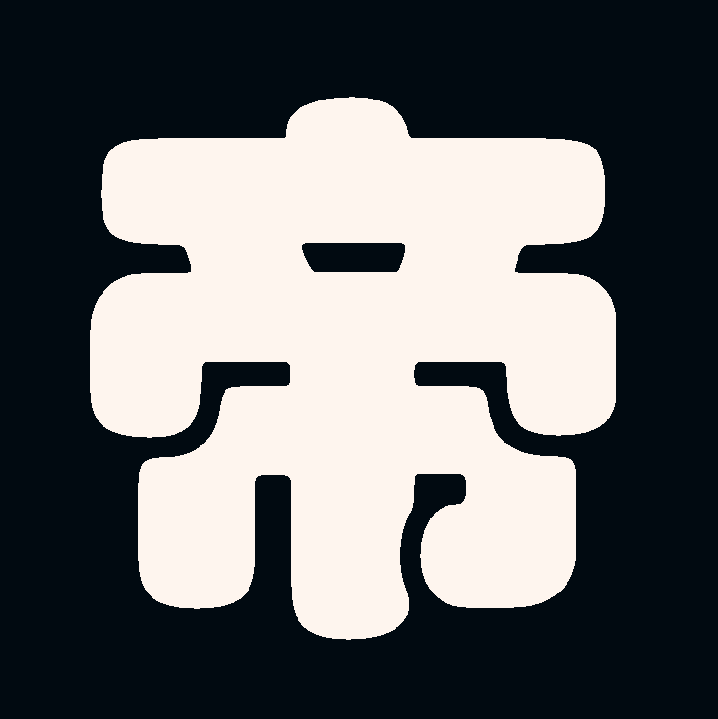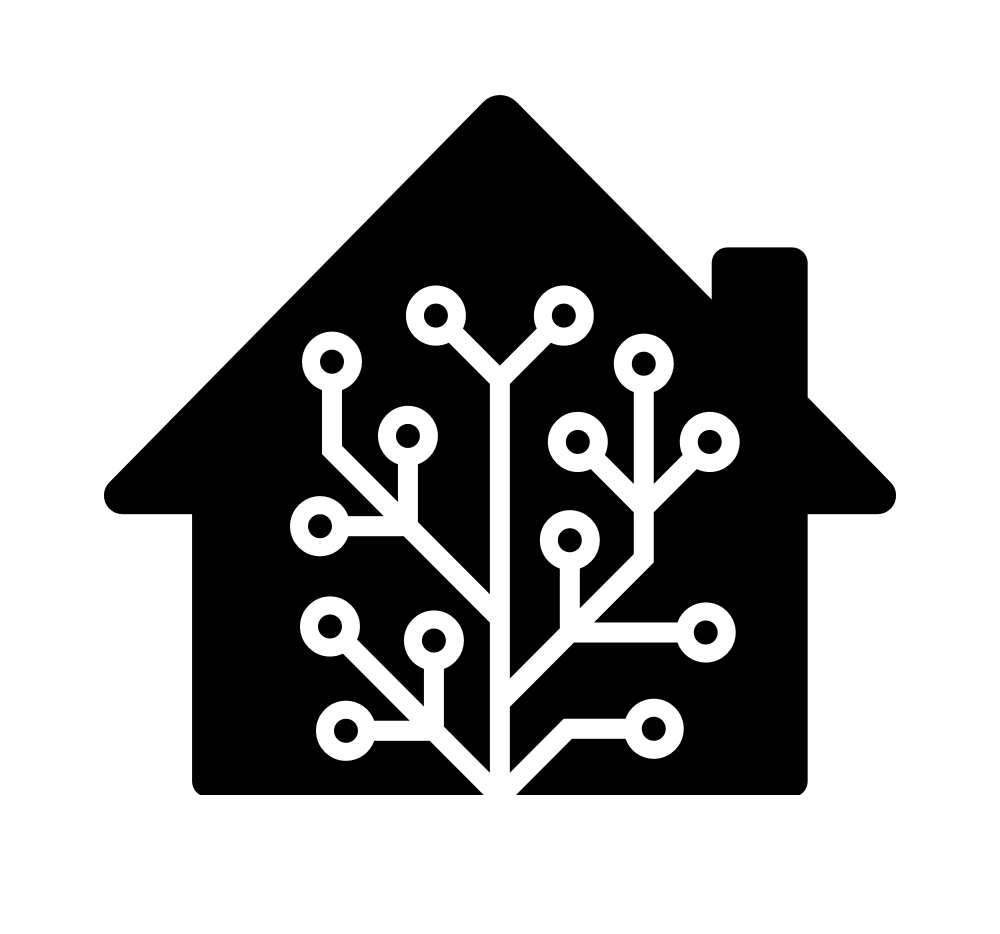Matter — the IOT connectivity standard with ambitions to fix the smart home and make all of our gadgets talk to each other — has hit version 1.2, adding support for nine new types of connected devices. Robot vacuums, refrigerators, washing machines, and dishwashers are coming to Matter, as are smoke and CO alarms, air quality sensors, air purifiers, room air conditioners, and fans. It’s a crucial moment for the success of the industry-backed coalition that counts 675 companies among its members. This is where it moves from the relatively small categories of door locks and light bulbs to the real moneymakers: large appliances.
…
While it’s possible today to get your lights to flash when your laundry is done, turn a light red when your fridge’s temperature rises, or shut off the HVAC system if the smoke alarm goes off, it can be complicated to set up and often wholly unreliable. You need to download multiple apps, maybe buy a sensor or two, deal with laggy cloud integrations, and worry about whether your washer is even compatible with your smart home app in the first place. With Matter support, this type of simple command and control should be much easier to implement in any ecosystem.
The future potential is also interesting, bringing into play the ambient smart home many companies are pursuing, where devices can talk to each other to take action on our behalf without us really having to get involved.
…
The launch of Matter 1.2 isn’t coming with a slew of device announcements. I reached out to several companies that are members of the CSA and make products in these categories to see if they were announcing any new integrations. iRobot (makers of Roomba robot vacuums) and Resideo (owners of First Alert smoke alarms) said they had nothing to share, and Dyson (vacuums and fans), Google Nest (Nest Protect smoke alarm), and Samsung didn’t respond before publication.
Even the ever-eager Eve, which has been at the forefront of Matter adoption, told me it had nothing to announce. All this means we’ll probably not get new devices until 2024. While it’s possible that over-the-air updates to existing gadgets could be implemented sooner, it’s not likely. Many of those updates promised with 1.0 took a long time to arrive, and some never did.
…
New device types should bring much-needed momentum to Matter and address the complaints of some existing smart home users that it has yet to add much to the experience other than headaches. But this hinges on manufacturers adding it to their products.
The resistance to adopting Matter seems to be growing. We’re a year in, and companies that initially said they would keep an eye on Matter with a view to adopting it still haven’t (Lutron being a notable one here). Some that seemed fully on board from the outset have slowed down or even completely stopped their development, pulling a Wemo.
One issue is the inherent tension between Matter’s role in creating an even playing field — it’s removed interoperability as a hindrance but also a selling point. Companies now need to create enough differentiation to compel the customer to pick them.
Matter also has competition. Resideo is very active with the Home Connectivity Alliance (HCA), a rival / potentially symbiotic organization to Matter working to have large appliance manufacturers connect and control each other’s devices through their own apps. It has wide adoption among the big appliance manufacturers, including LG, Haier, Samsung, and Electrolux. (Whirlpool is not a member; Bean told me they are watching it closely.)
The HCA’s approach is more appealing to these companies, as it keeps everything in the manufacturer’s proprietary ecosystems and maintains the cloud connection, a valuable funnel for data.



I feel like there’s something fundamentally wrong with a messaging protocol that needs new versions to support new device types or features.
Something like MQTT certainly wouldn’t require that.
I won’t be switching away from ZigBee/MQTT for Thread/Matter any time soon.